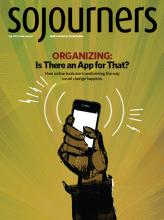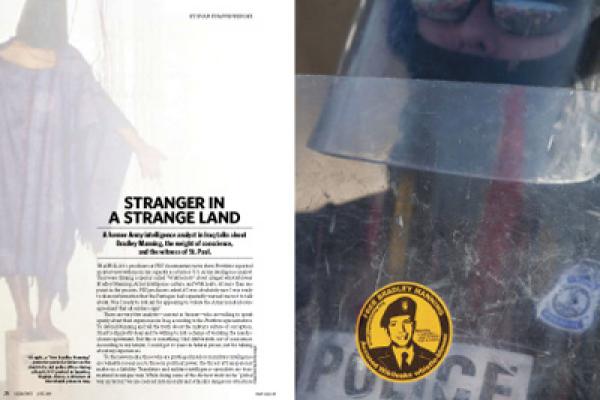In April 2011, producers at PBS' documentary news show Frontline requested an interview with me in my capacity as a former U.S. Army intelligence analyst. They were filming a special called "WikiSecrets" about alleged whistleblower Bradley Manning, Army intelligence culture, and WikiLeaks. At more than one point in the process, PBS producers asked if I was absolutely sure I was ready to share information that the Pentagon had repeatedly warned me not to talk about. Was I ready to risk jail for appearing to violate the Army nondisclosure agreement that all soldiers sign?
There are very few analysts -- current or former -- who are willing to speak openly about their experiences in Iraq, according to the Frontline representatives. To defend Manning and tell the truth about the military culture of corruption, I had to dig pretty deep and be willing to risk a charge of violating the nondisclosure agreement. But this is something I did deliberately, out of conscience. According to my lawyer, I could get 10 years in federal prison just for talking about my experiences.
To the news media, those who are privileged insiders in military intelligence are valuable resources; to those in political power, the threat of transparency makes us a liability. Translators and military intelligence specialists are traumatized in unique way. While doing some of the dirtiest work in the "global war on terror," we are coerced into morally and ethically dangerous situations and intimidated into silence.
The untold story is that the U.S. military intelligence community is rife with trauma that few outsiders understand, a suffering kept secret by the authorities in part because of its fundamentally transformative power.
Read the Full Article

